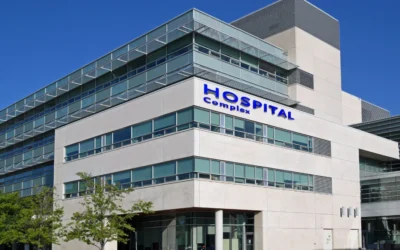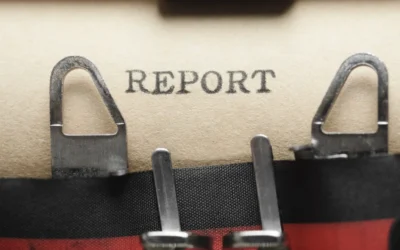If you’re reading this after an accident, you might feel overwhelmed, shaken, or unsure about what to do. Maybe an EMT or paramedic has offered care, and you’re thinking about saying “no.” It’s okay to pause and gather your thoughts but it’s important to understand what refusing treatment at the scene in Florida can mean for your health and your legal rights. This article will walk you through what happens, what to consider, and the steps you can take to stay safe and protected.
Can You Refuse Medical Treatment at the Scene in Florida?
Yes, under Florida law, you generally have the right to refuse medical treatment at the scene if you are conscious, alert, and legally competent to make that decision. Emergency responders cannot force you to receive treatment unless you’re deemed unable to make informed decisions for example, if you’re unconscious or showing signs of a serious head injury or disorientation.
That said, just because you can refuse doesn’t always mean you should.
Why Some People Say No to Medical Care
It’s not uncommon to downplay how you’re feeling right after an accident. Here are a few reasons people refuse treatment:
- “I feel fine.”
- “I don’t want the ambulance bill.”
- “I just want to go home and rest.”
- “I don’t think it’s that serious.”
If you relate to any of these, know that you’re not alone. However, it’s important to consider the potential consequences before walking away from care.
What Could Happen If You Refuse Medical Treatment
1. Delayed Symptoms May Be Overlooked
Injuries like concussions, internal bleeding, or whiplash often don’t show symptoms right away. You may feel “fine” initially, but serious problems can appear hours or even days later.
2. You May Risk Your Health
Without early diagnosis or treatment, your injuries could worsen. Something treatable today could turn into something long-term or life-altering if ignored.
3. It Can Complicate Insurance or Legal Claims
If you refuse treatment at the scene and later file a claim, insurance companies might argue that your injuries weren’t serious or weren’t caused by the accident. Documentation from emergency personnel helps link your injuries to the incident, which is crucial in any legal or insurance process.
What If You Already Refused Medical Care?
If you’ve already declined help at the scene, don’t panic. Here’s what you can do now:
✅ Seek Medical Attention As Soon As Possible
Go to an urgent care, ER, or your primary doctor within 24–72 hours. The sooner you’re evaluated, the better both for your health and any potential claim.
✅ Document Everything
Write down what happened while it’s fresh in your mind. Note how you’re feeling physically and emotionally. Keep all medical records, even if your first visit happens after the scene.
✅ Connect With Legal and Medical Professionals
An attorney can help explain your rights and options, even if you initially refused care. Hurt Aid connects you to Florida-based professionals who understand the system and know how to help.
Helpful Tips If You’re Still at the Scene
- Ask EMS to at least check your vitals. You can decline an ambulance ride but still get a basic evaluation.
- Let someone else document your condition. A friend or bystander can take photos or video of visible injuries.
- Don’t sign anything you don’t understand. Politely ask for clarification before signing refusal forms.
Next Steps: Protect Your Health and Your Rights
If you or someone you care about refused treatment at the scene, you still have options:
- Get checked out by a doctor even if you feel okay.
- Reach out to a licensed Florida attorney through Hurt Aid to discuss your rights and whether refusing care could impact your case.
- Don’t delay. Time matters when it comes to both your health and your legal protection.





